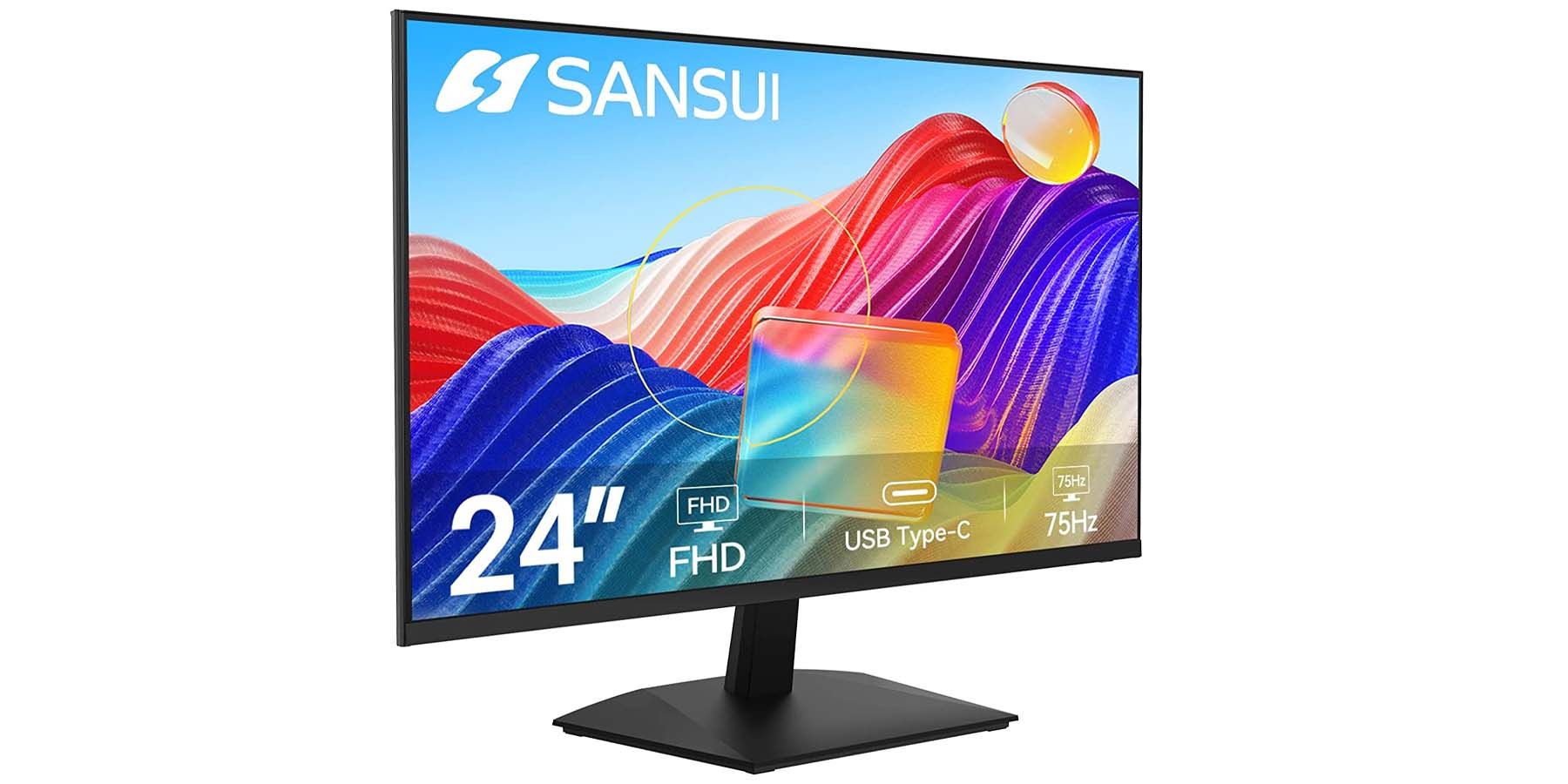Overview of Computer Cards
Best buy computer cards – Computer cards, often referred to as expansion cards, are crucial components that enhance the capabilities of a computer system. They provide specialized functions that might not be integrated into the motherboard, enabling users to expand the functionalities and performance of their computers.
Notice Online game slots guides for recommendations and other broad suggestions.
Types of Computer Cards
Various types of computer cards exist, each catering to specific needs. Common types include graphics cards, sound cards, network cards, and more specialized cards for specific tasks.
-
Graphics Cards: These cards handle the display output, enabling high-resolution visuals and smooth gameplay. Key components include the GPU (Graphics Processing Unit), VRAM (Video RAM), and output connectors (HDMI, DisplayPort). Common uses include gaming, video editing, and professional design work.
For descriptions on additional topics like Betting results tracking, please visit the available Betting results tracking.
-
Sound Cards: Sound cards process audio input and output, impacting the quality of sound produced by the computer. Essential components are audio codecs and DACs (Digital-to-Analog Converters). Uses include music production, audio recording, and general audio playback.
-
Network Cards: These cards facilitate network connectivity, enabling communication between computers. Essential components include network interface controllers (NICs) and drivers for different network protocols. Uses range from internet browsing to file sharing and network gaming.
-
Other Specialized Cards: Various specialized cards exist for tasks like capturing video, adding additional ports, or connecting to specific peripherals.
Enhance your insight with the methods and methods of Slot paylines info.
Card Type Summary
| Card Type | Function | Typical Use Case | Essential Components |
|---|---|---|---|
| Graphics Card | Handles display output | Gaming, video editing, professional design | GPU, VRAM, output connectors |
| Sound Card | Processes audio input/output | Music production, audio recording, general audio | Audio codecs, DACs |
| Network Card | Facilitates network connectivity | Internet browsing, file sharing, network gaming | NIC, network drivers |
Best Buy Computer Card Selection Criteria
Choosing the right computer card involves considering factors beyond just the price. Careful evaluation of technical specifications, brand reputation, and compatibility with existing hardware is vital.
Factors to Consider

-
Use Case: Determine the specific task the card will perform (e.g., gaming, video editing). This directly influences the required performance levels.
-
Technical Specifications: Consider factors like memory capacity, clock speed, and bandwidth to ensure compatibility and performance.
Further details about Betting forums and chats is accessible to provide you additional insights.
-
Brand Reputation and Reviews: Research the brand’s history and customer feedback to gauge the reliability and quality of the card.
Notice Betting forums and chats for recommendations and other broad suggestions.
Technical Specifications Comparison, Best buy computer cards
| Specification | Graphics Card | Sound Card | Network Card |
|---|---|---|---|
| Memory | VRAM capacity | Codec capacity | RAM capacity |
| Clock Speed | GPU clock speed | Codec clock speed | Processor clock speed |
| Bandwidth | Memory bandwidth | Audio bandwidth | Network bandwidth |
Performance Comparison: Best Buy Computer Cards
Performance benchmarks provide a way to compare different computer card models within the same category. Understanding these benchmarks can help you make an informed decision.
Detailed Performance Metrics
High-end graphics cards, for instance, are evaluated based on benchmarks like 3DMark, which measures performance in various graphics tests. Specific models are compared based on their scores and frame rates in these tests. Understanding the technical specifications, such as core count and memory capacity, is crucial to interpreting the benchmarks.
Performance Benchmark Table
| Card Model | 3DMark Score | Frame Rate (avg.) | Benchmark Test |
|---|---|---|---|
| Card A | 15000 | 100 fps | Test 1 |
| Card B | 12000 | 80 fps | Test 1 |